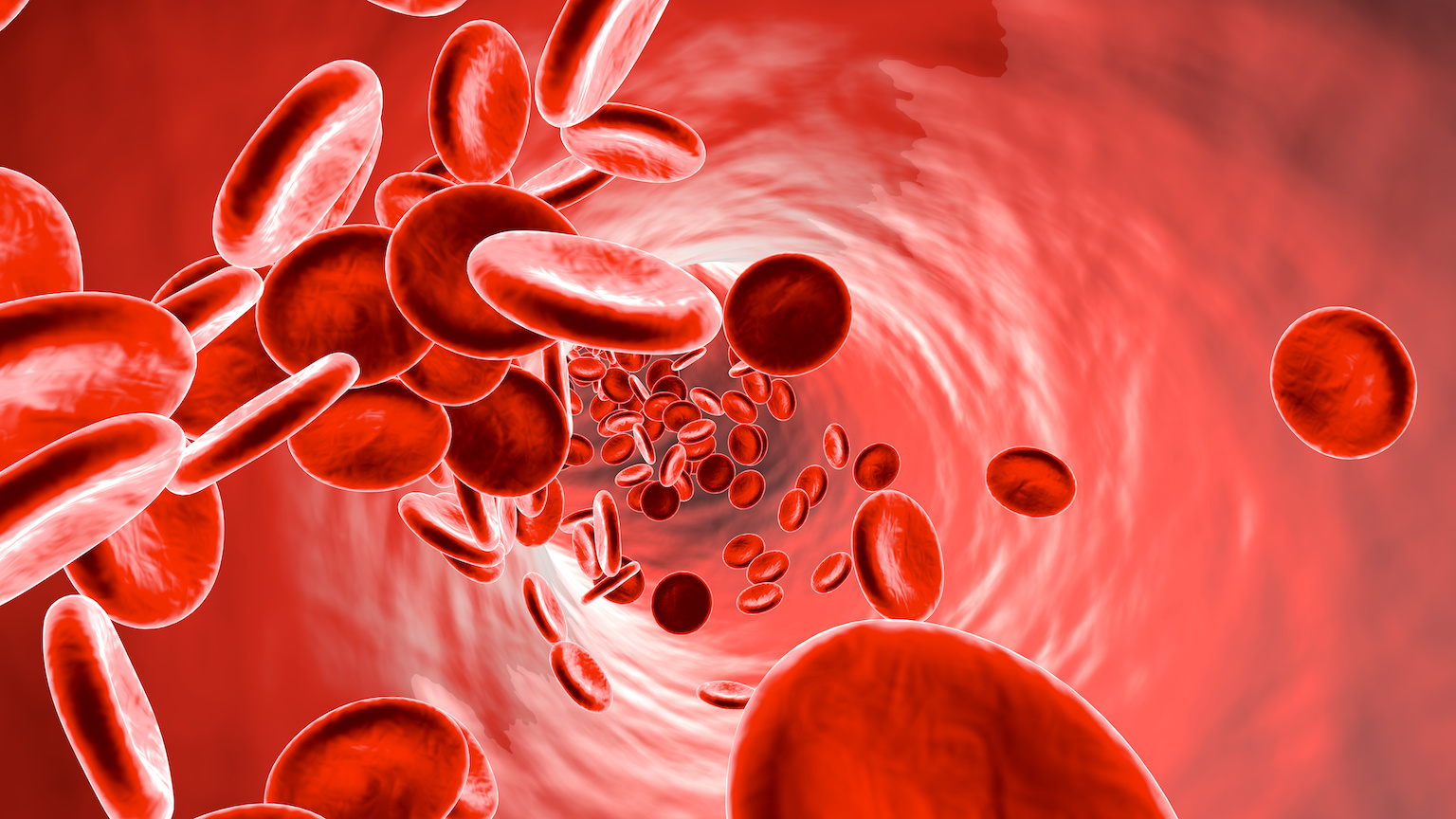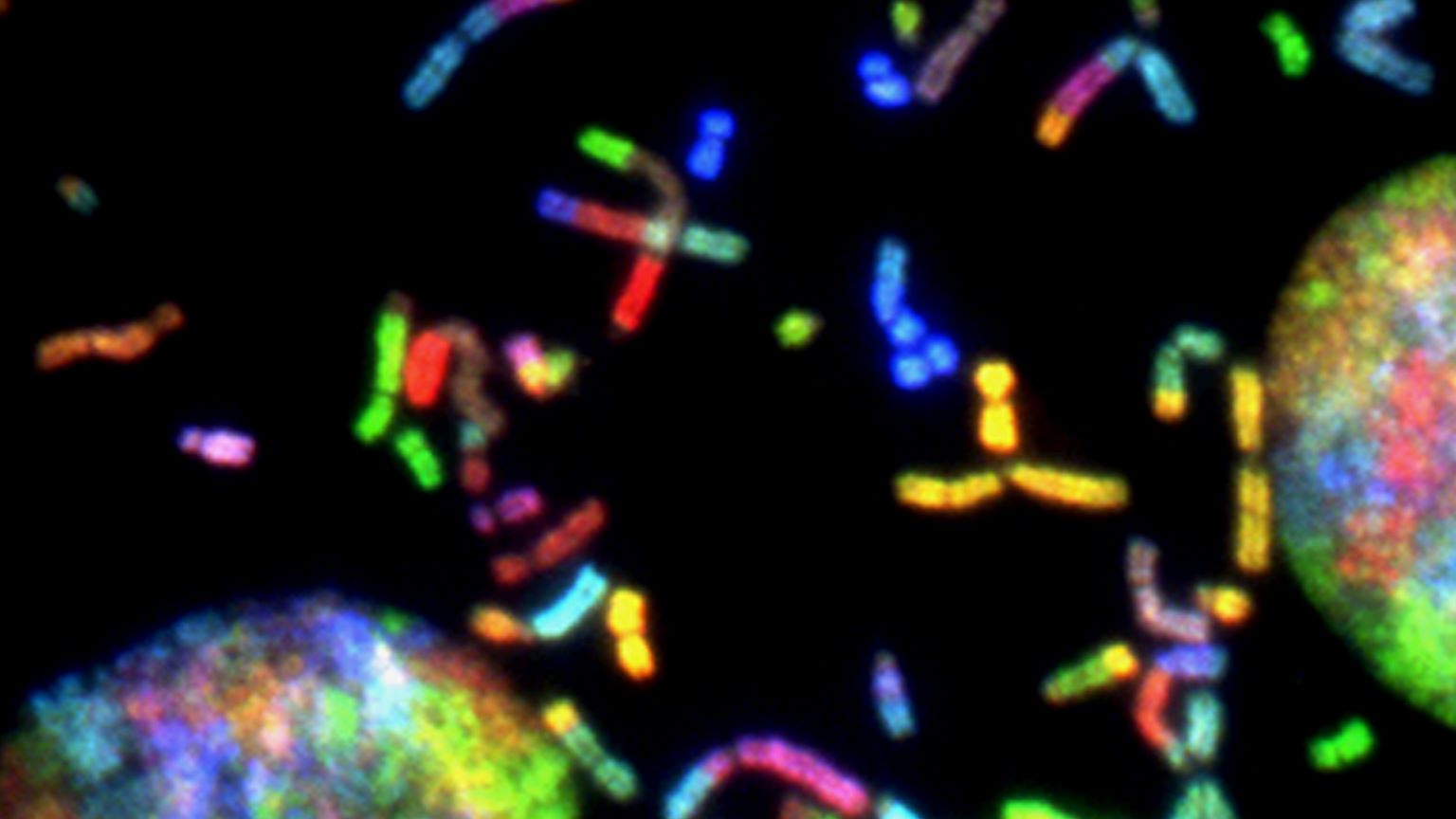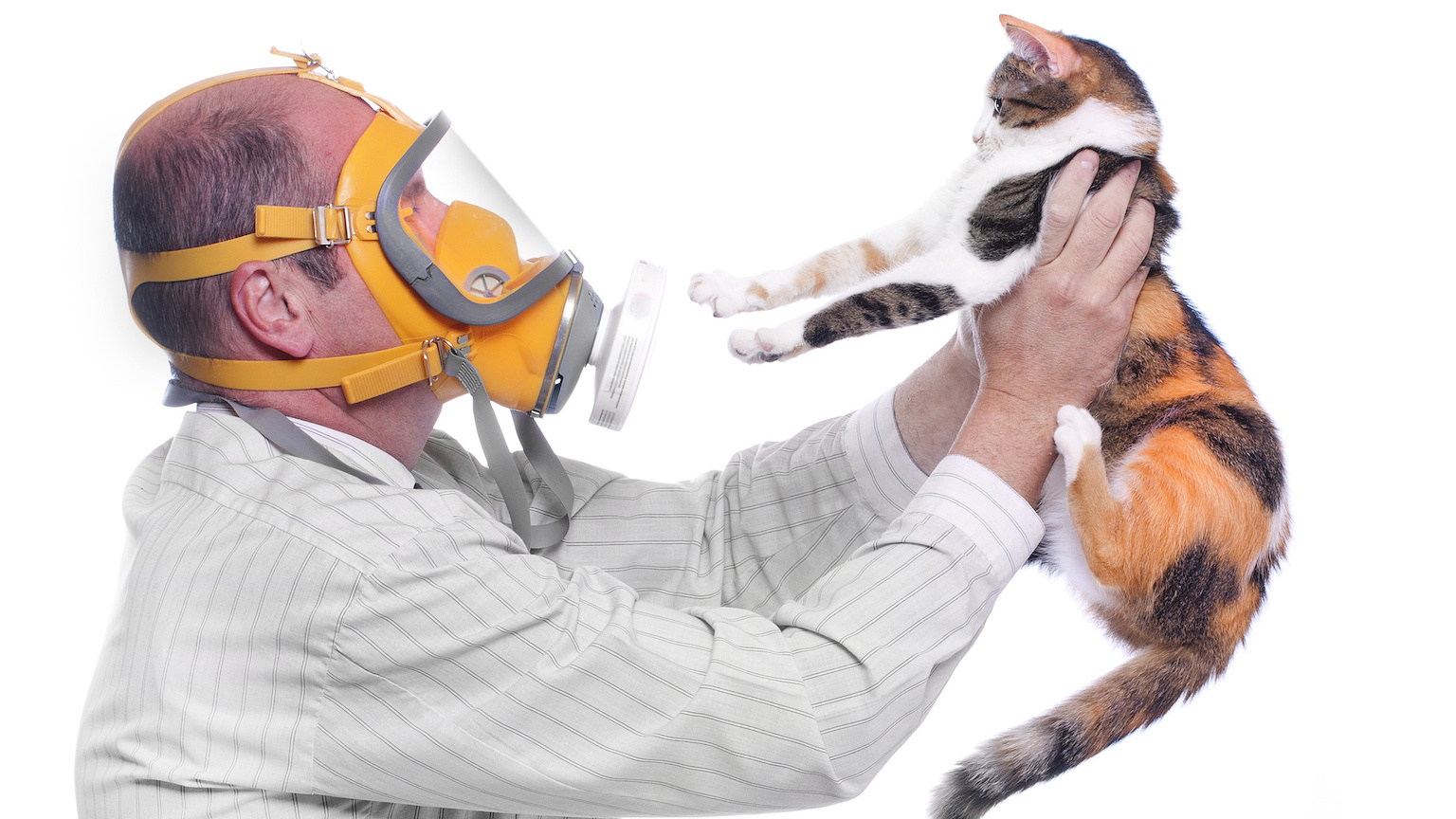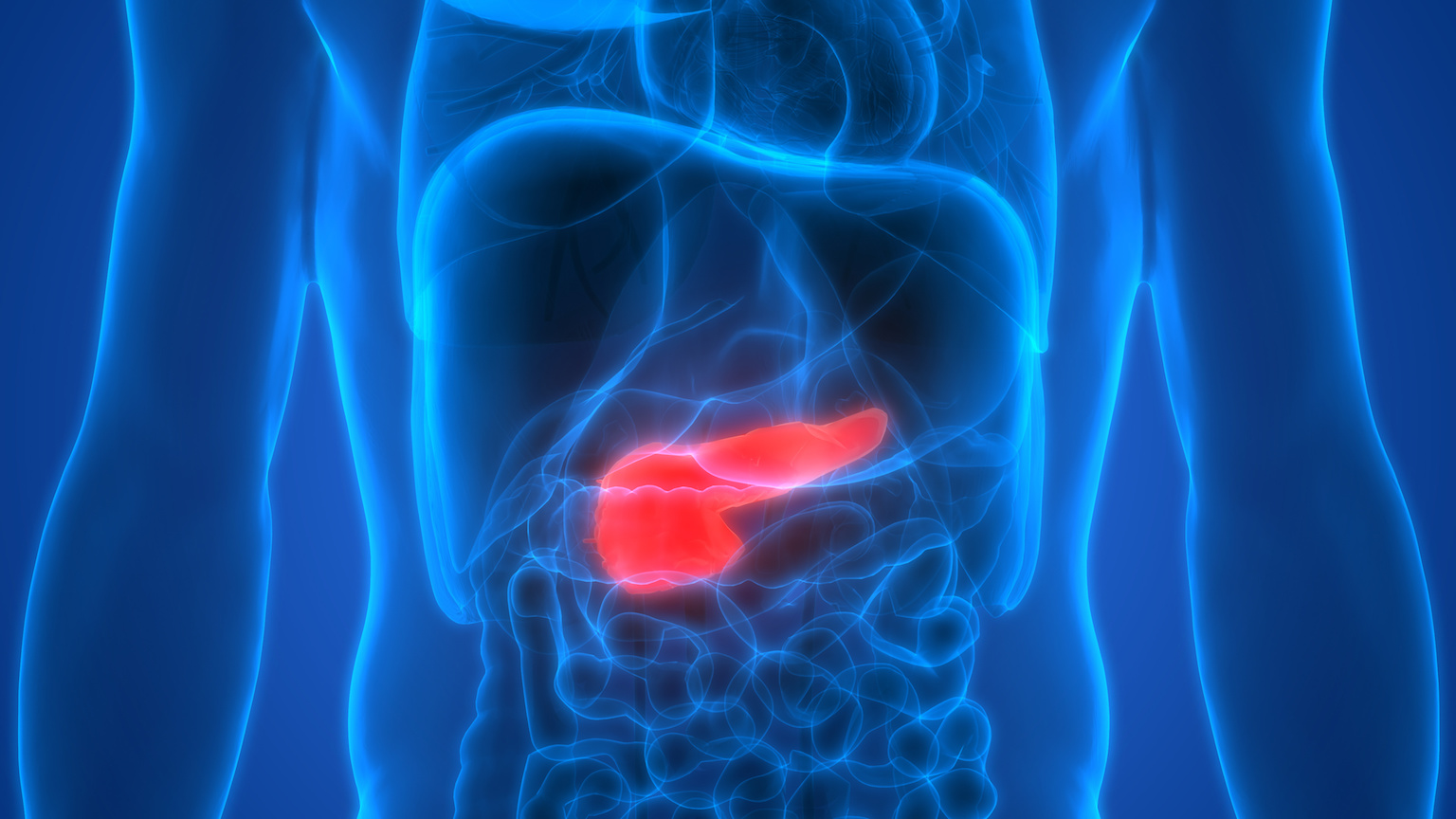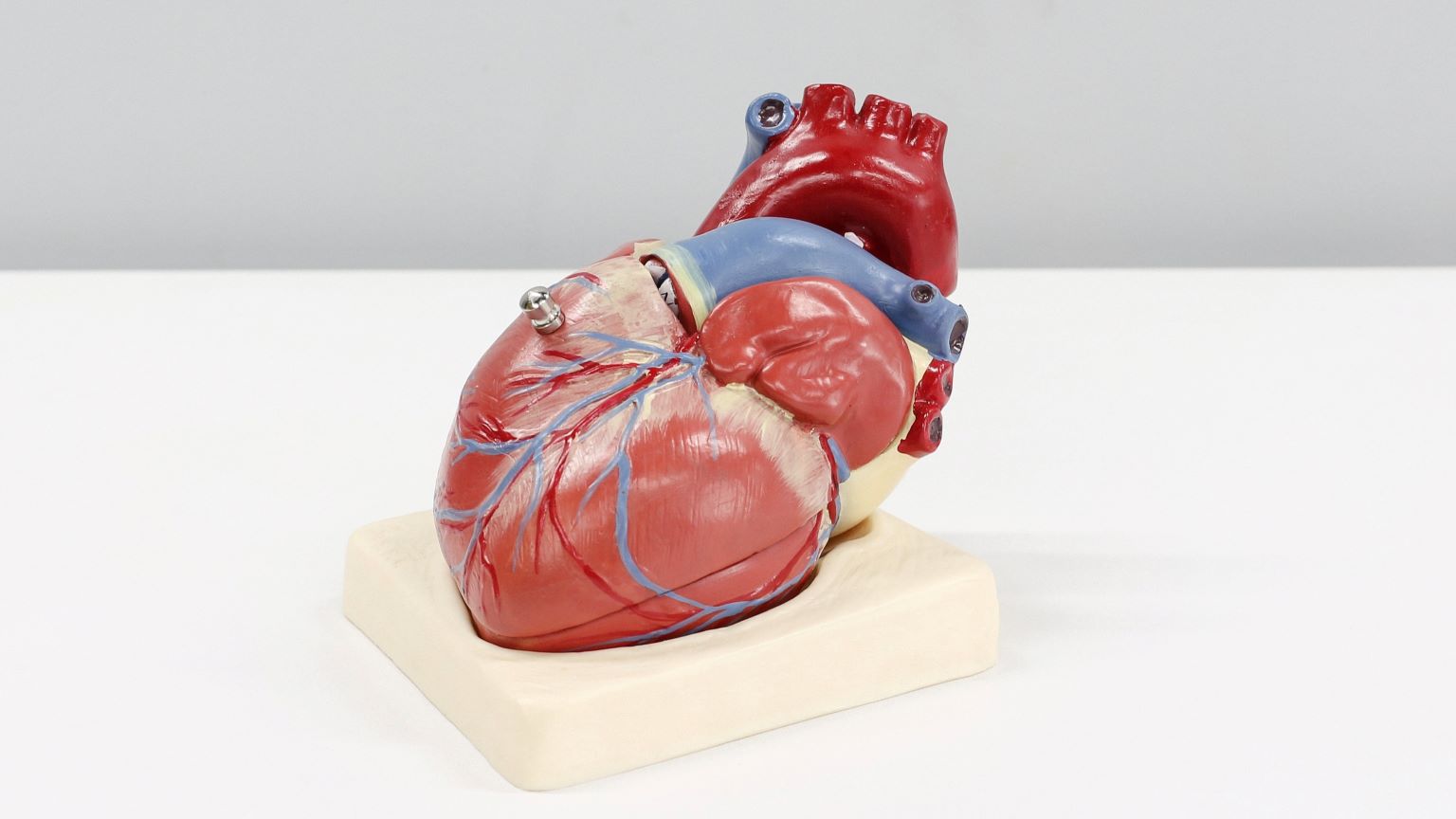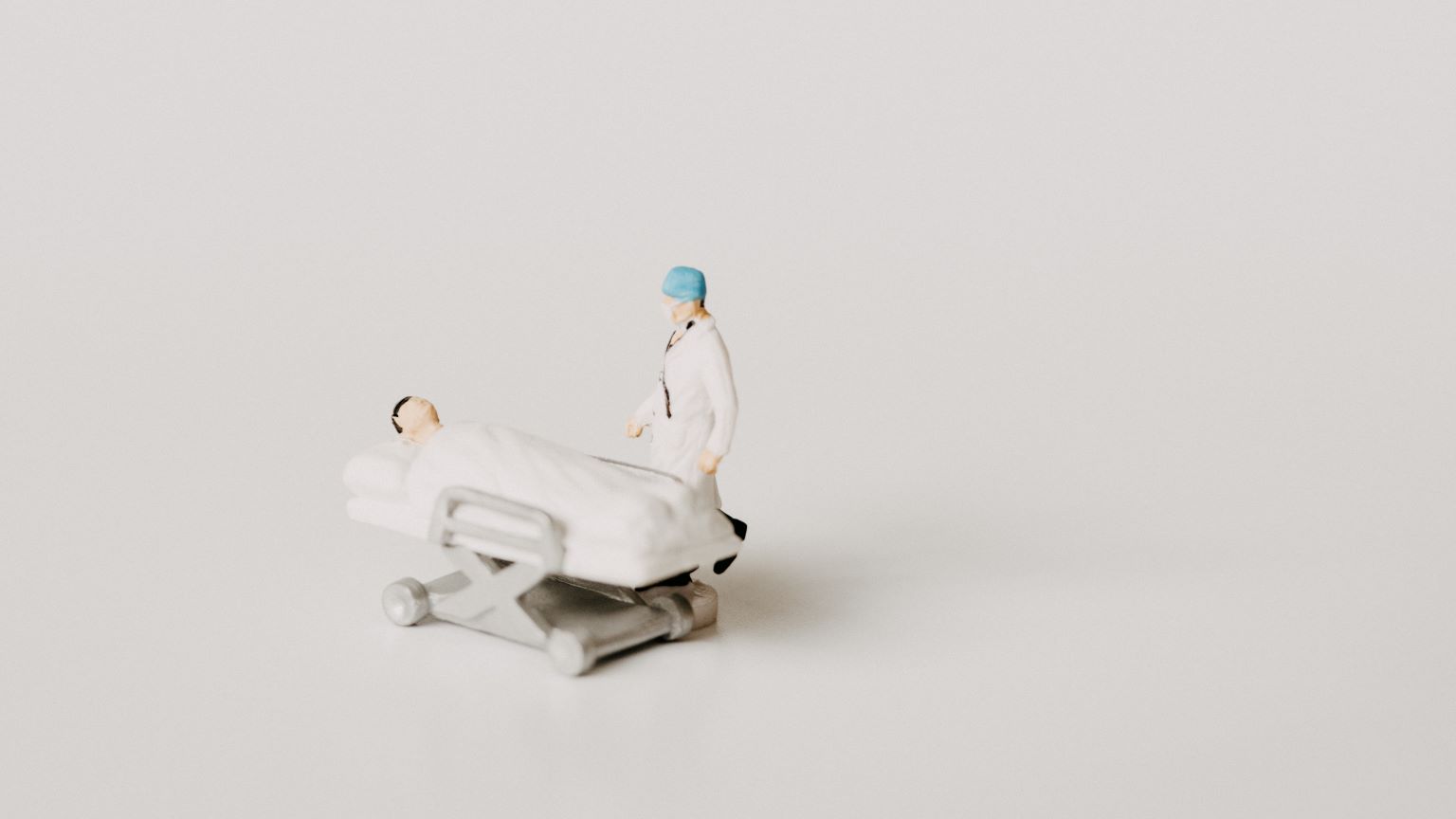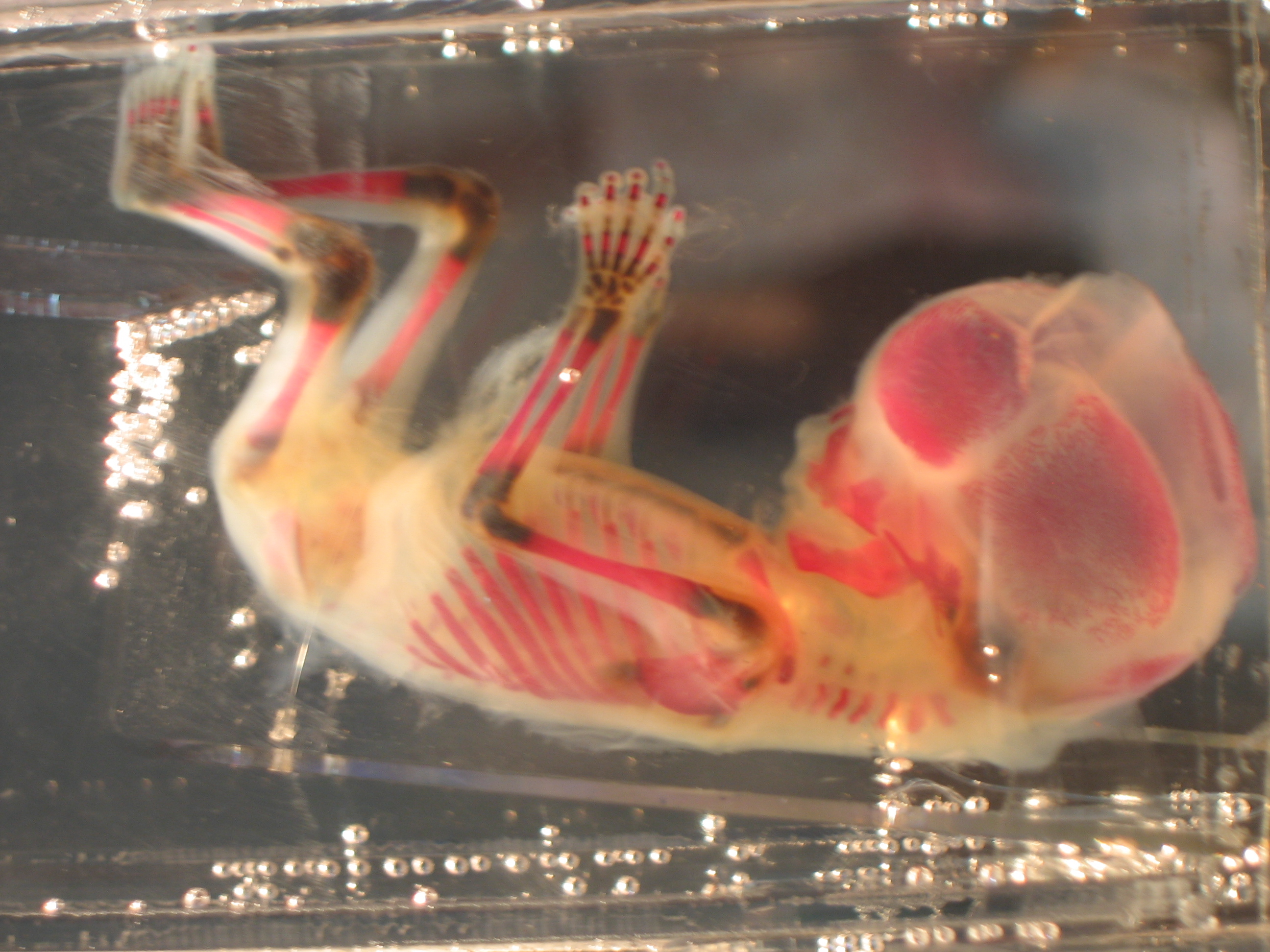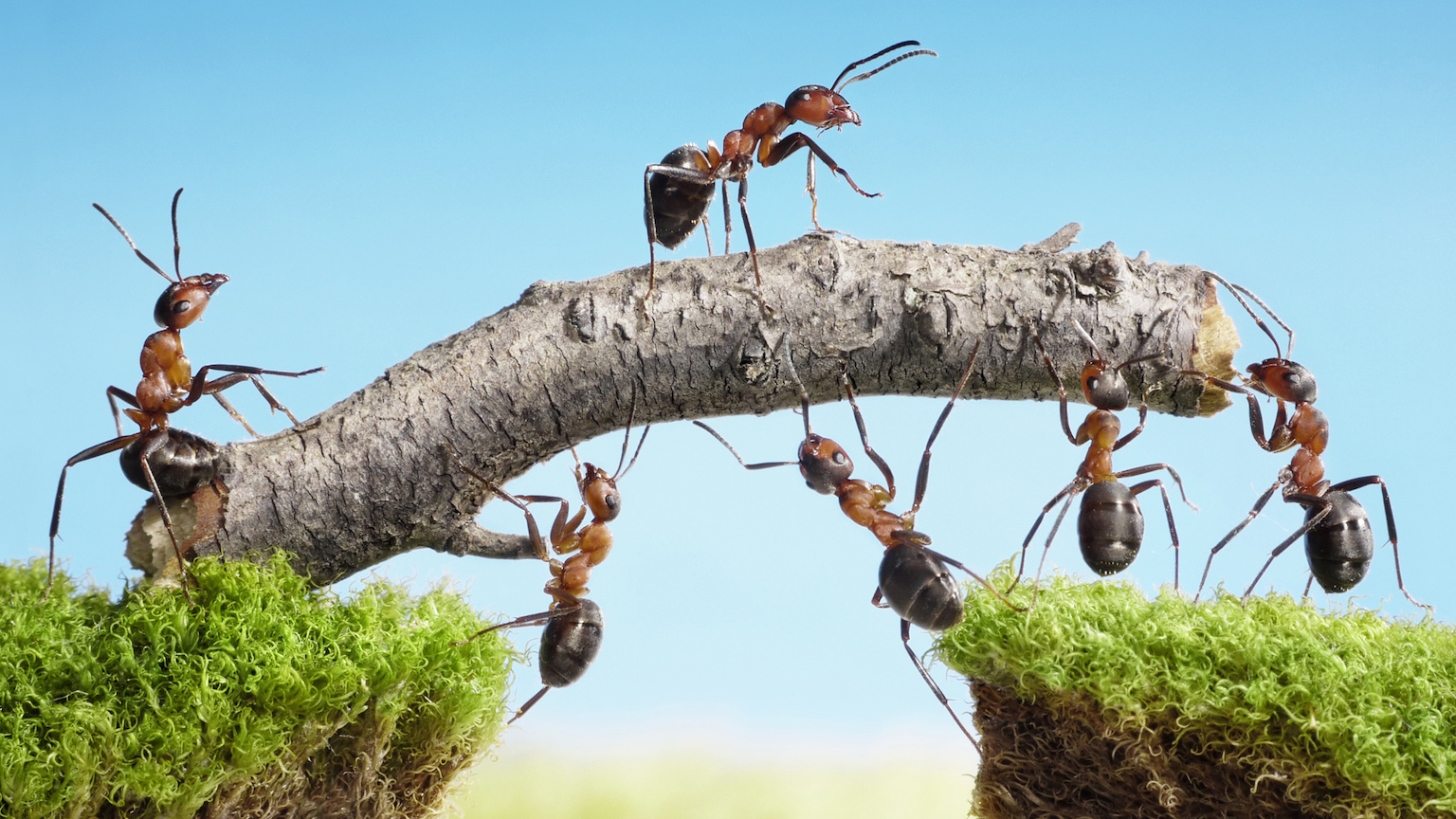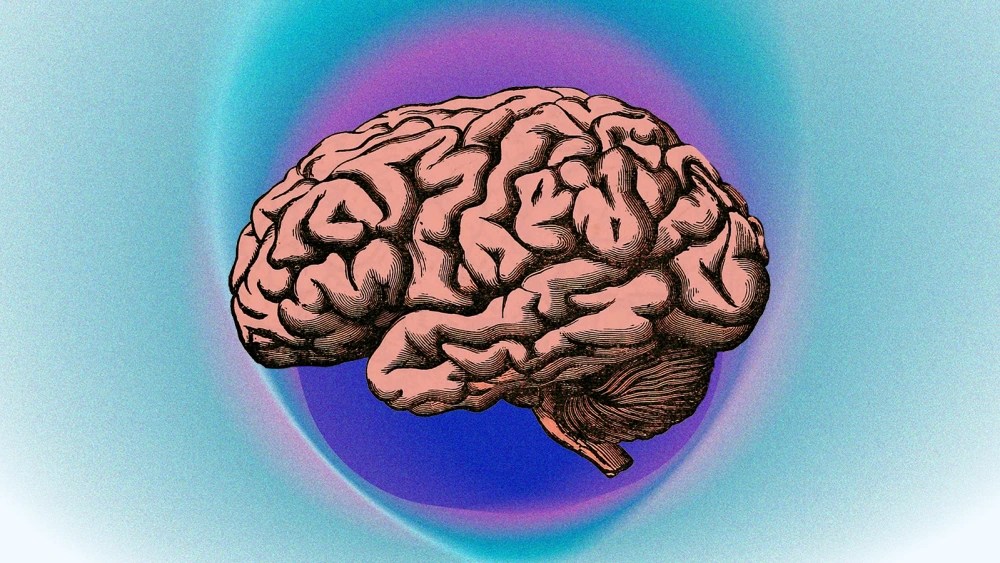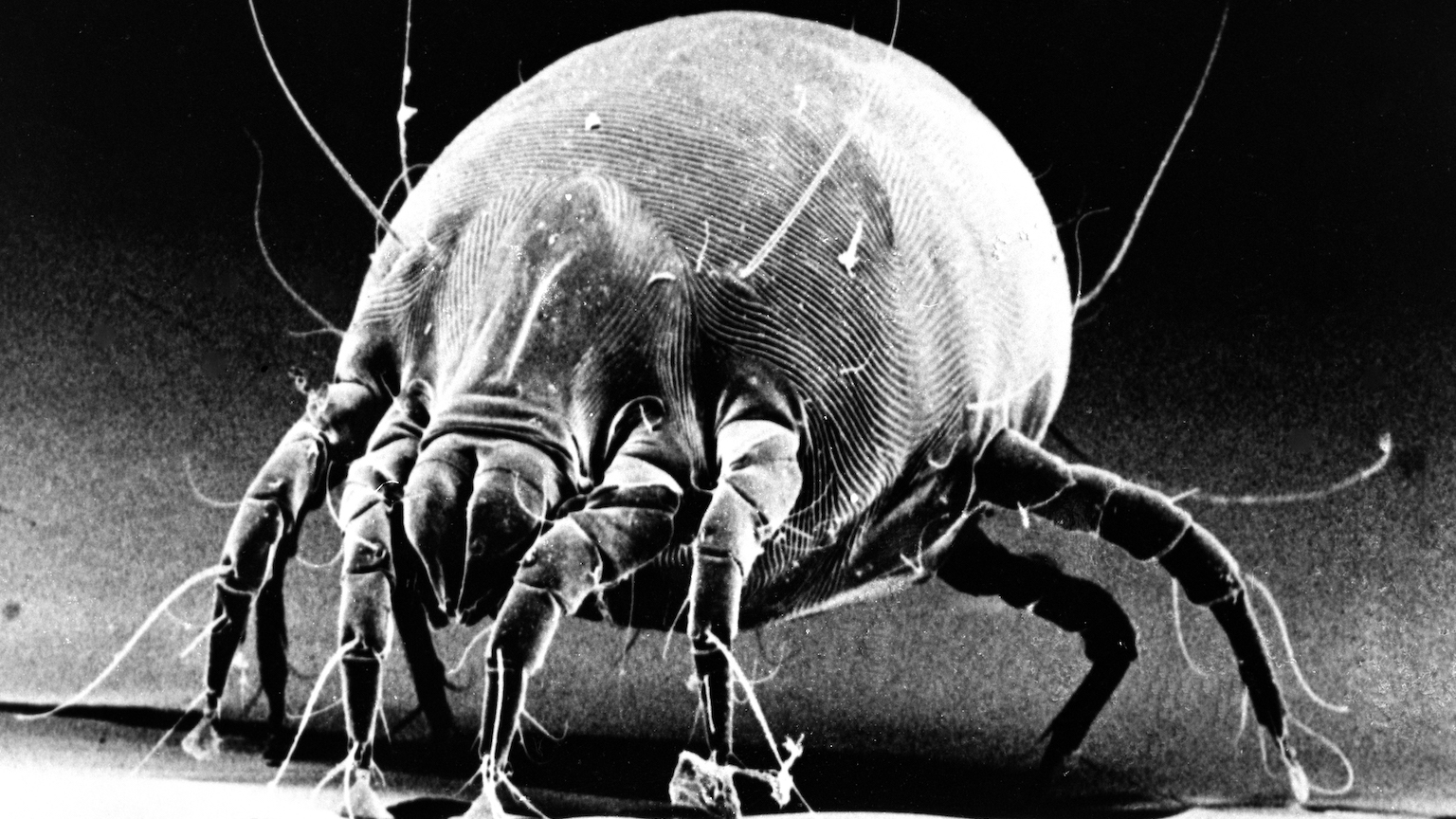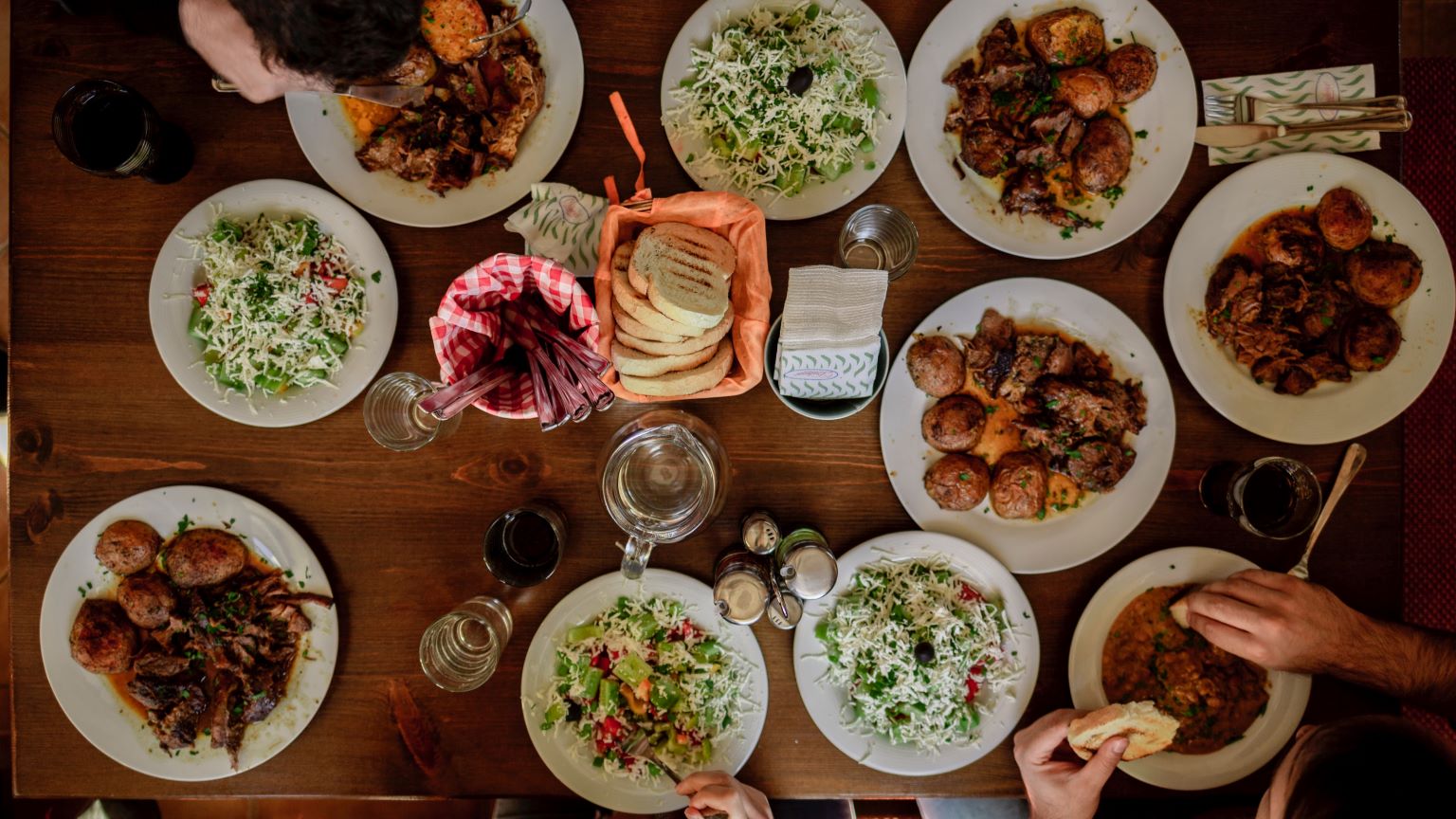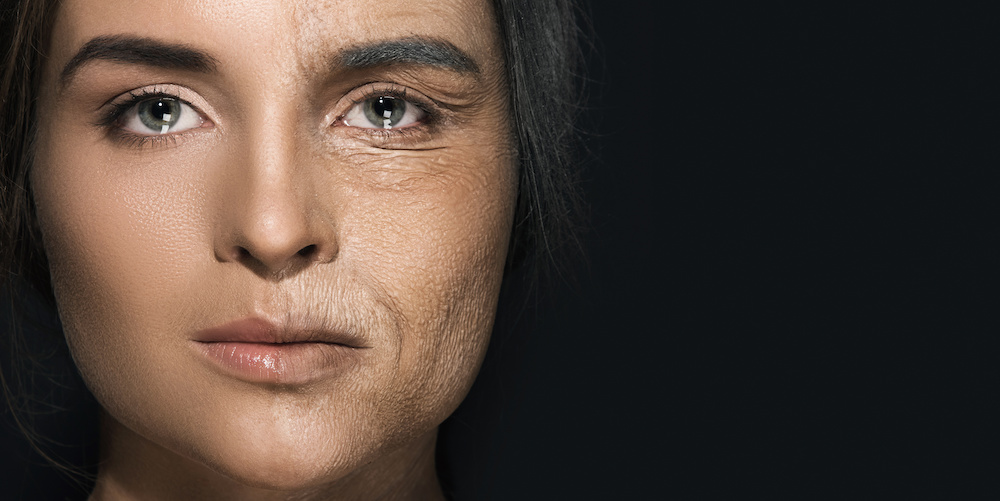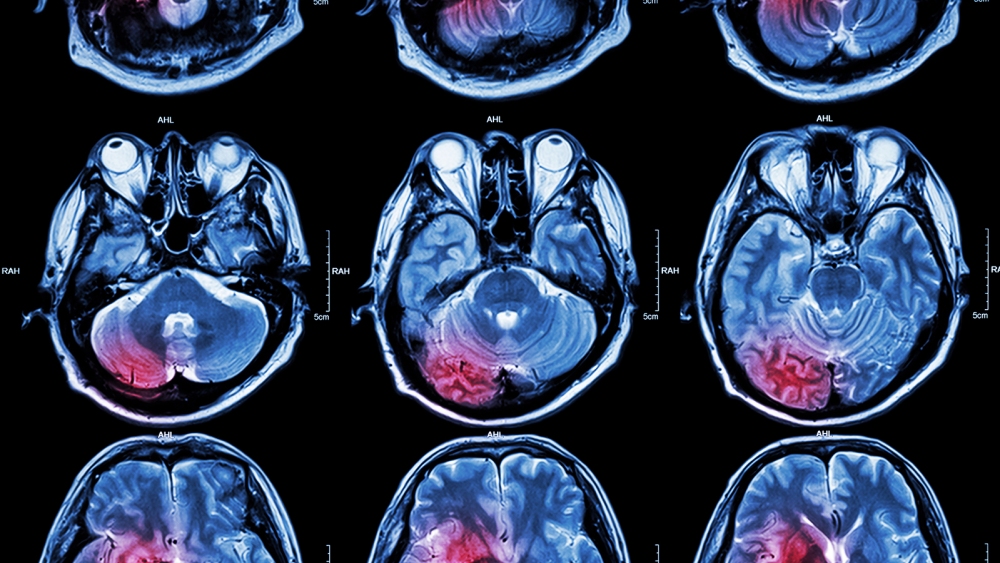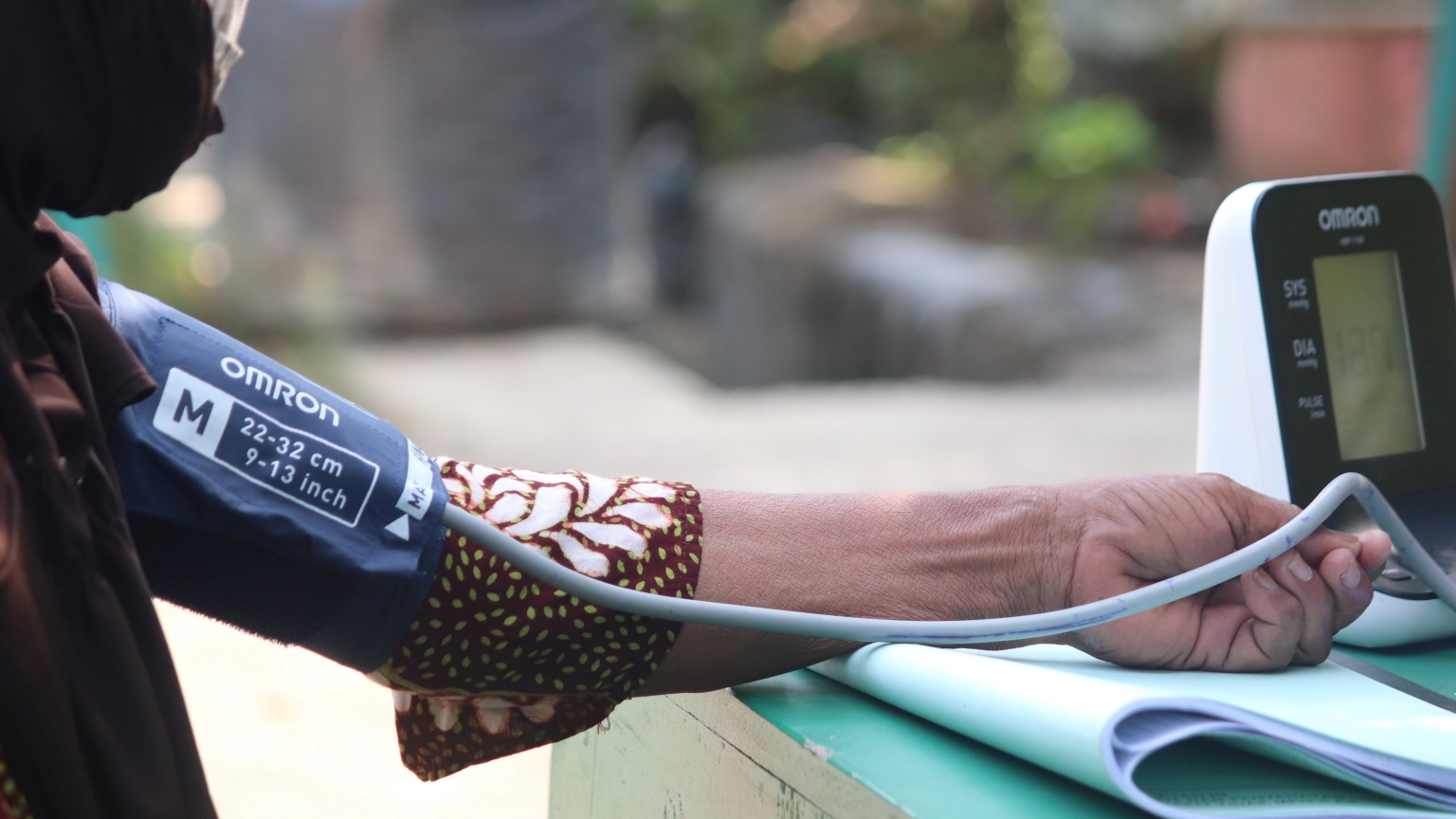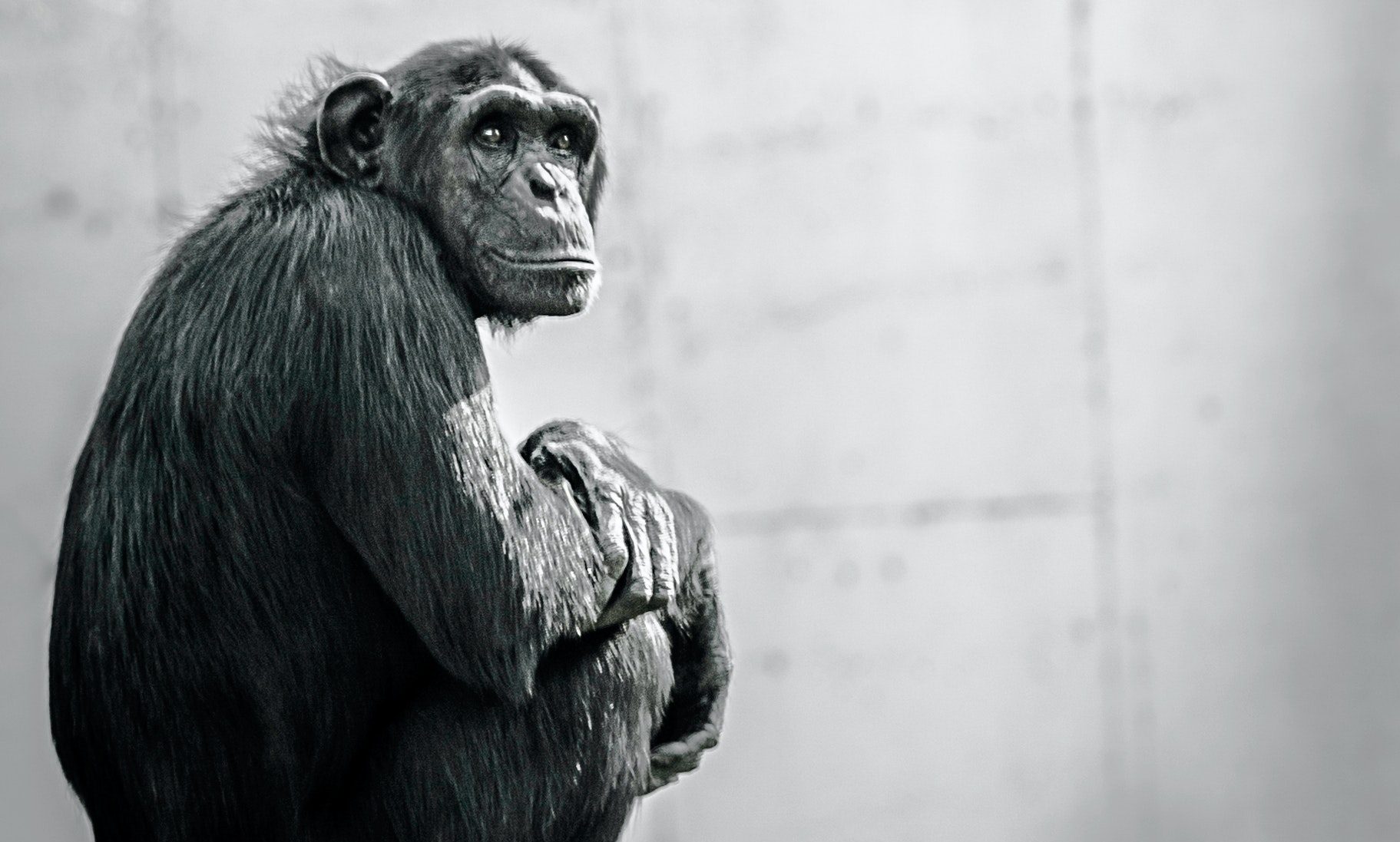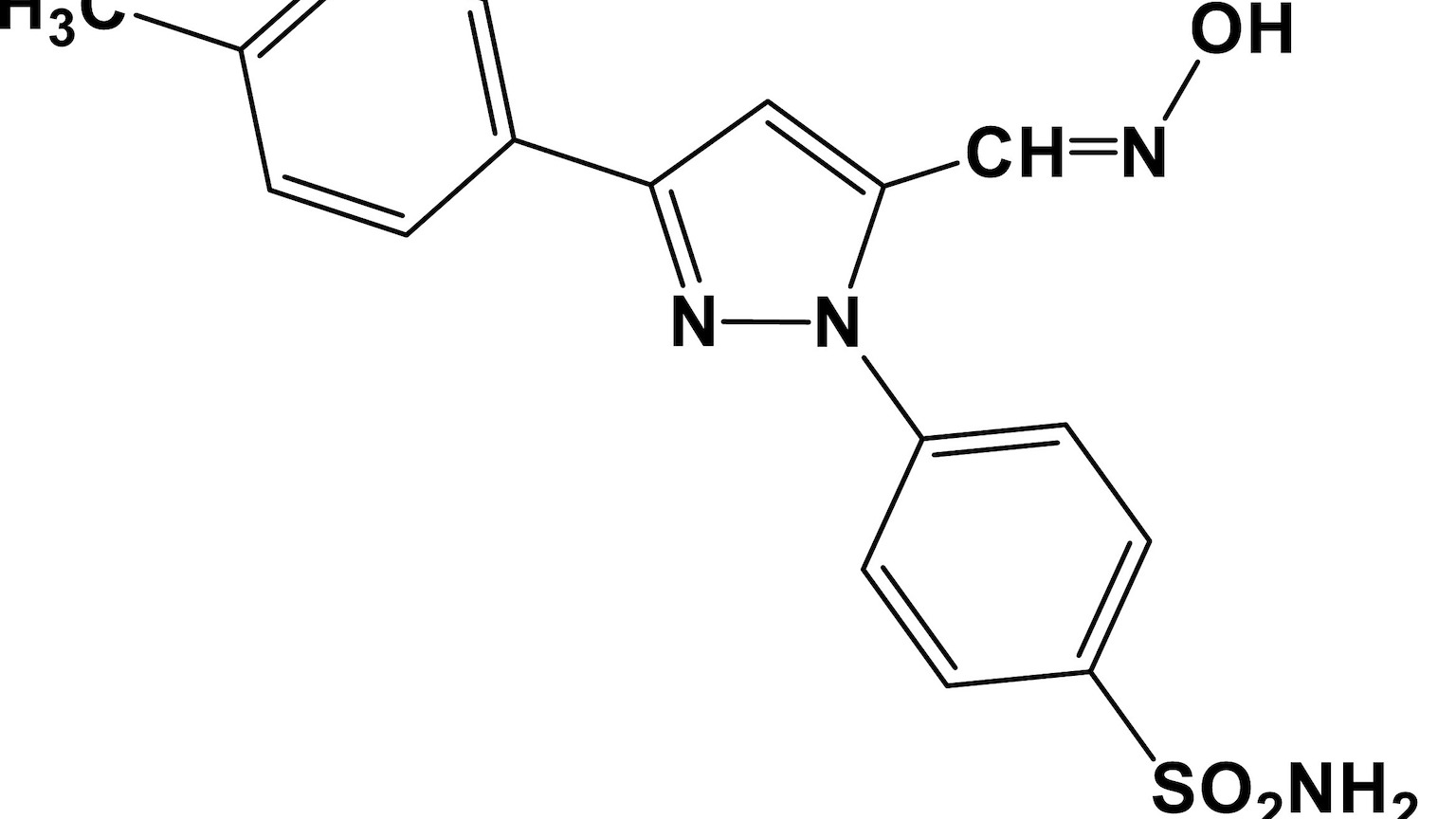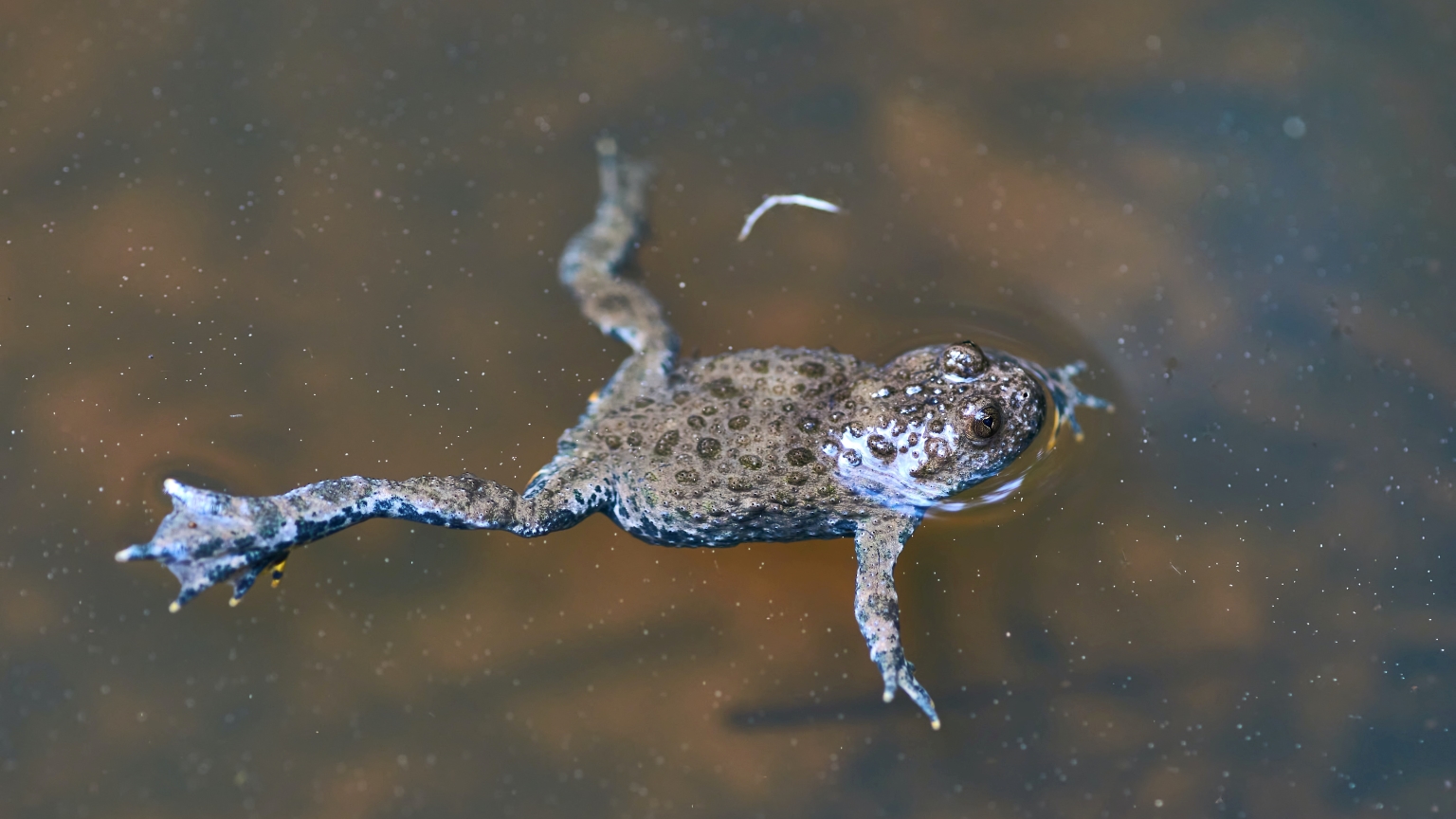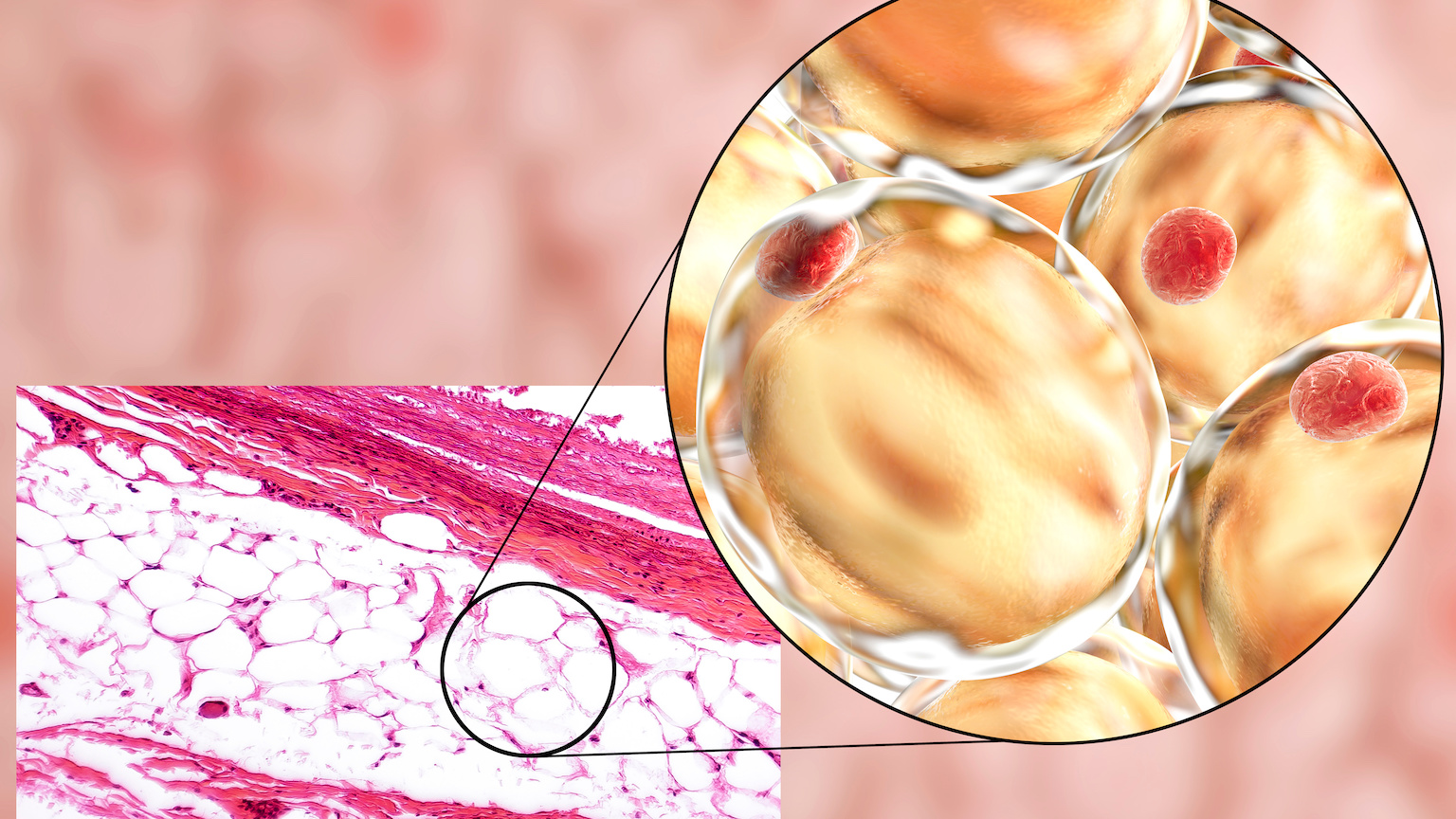medicine
Intracellular bacteria promote cancer metastasis by enhancing the tumor cells’ resistance to mechanical stress in the bloodstream
The Human Genome Project put together 92% of our DNA blueprint. Here’s what it took to complete the rest.
Overwashing is bad for skin health, but many people do it anyway. One reason is that our brains intimately associate stink with disgust.
The results of a recent study found that genetically engineering cats could be a solution to eliminating cat allergies.
If future studies prove it to be successful, this technique for the early detection of pancreatic cancer could save thousands of lives.
The study shows that it’s possible to map the wildly subjective psychedelic experiences to specific brain regions.
More than 200 years ago, scientists tried to figure out how bats navigate in the dark (or without eyes). This set in motion a series of events that led to the development of ultrasound as a form of psychotherapy.
Could we all attain this superpower?
Anesthesia causes animals and humans to lose consciousness. A study found it has a similar effect on Venus flytraps.
Michio Kaku predicts, among other things, how we’ll build cities on Mars and why cancer will one day be like the common cold.
“I was part of the surgical team that conducted the first pig-to-human heart transplant in a living patient.”
About six minutes after the heart stops, the brain essentially dies.
Every year, scientists like George Church get better at editing the genomes of human beings. But will genome editing help or hurt us?
The insects were just as accurate as trained dogs, although not as cuddly.
“At that time, it was just a wild idea, […] that instead of just a loss of consciousness, anesthetics may do something to the brain that actually turns pain off.”
Zuranolone might help people feel better sooner than if they were relying on standard treatment alone.
The good news is that scientists have found a new way to treat eczema. The bad news is that it’s drinkable dust mite extract.
An expert explains the emerging science of nutrigenomics.
A ten-minute visit from a therapy dog reduces emergency room patients’ pain and anxiety.
The very concept of a “problem with no solution” goes against human nature. But we must accept this harsh reality to have peace in our lives.
Altos Labs, a new biotech firm with $3 billion in funding, has announced plans to combat aging. But what does that mean for human life span, exactly?
Researchers look to an FDA-approved drug ingredient that can “scoop-up” and store cholesterol and possibly stave off post-stroke dementia.
A small study suggests that IMST is as effective as medications or 30 minutes of aerobic exercise.
Bite into a miracle berry and you’ll perceive intense sweetness — but only after you eat something acidic, too.
Many animals practice what looks like self-medication. A new report suggests that chimps tend wounds with insects, often treating each other.
Painkillers have nasty side effects, such as organ damage or addiction. Researchers have discovered a new drug that may cause none of these.
Scientists looked for ways to trigger the “build whatever normally was here” signal for cells at the site of a wound.
Scientists at UCLA and Penn argue that malfunctioning fat, not necessarily too much of it, is what makes people metabolically unhealthy.
Risqué or just risky?
